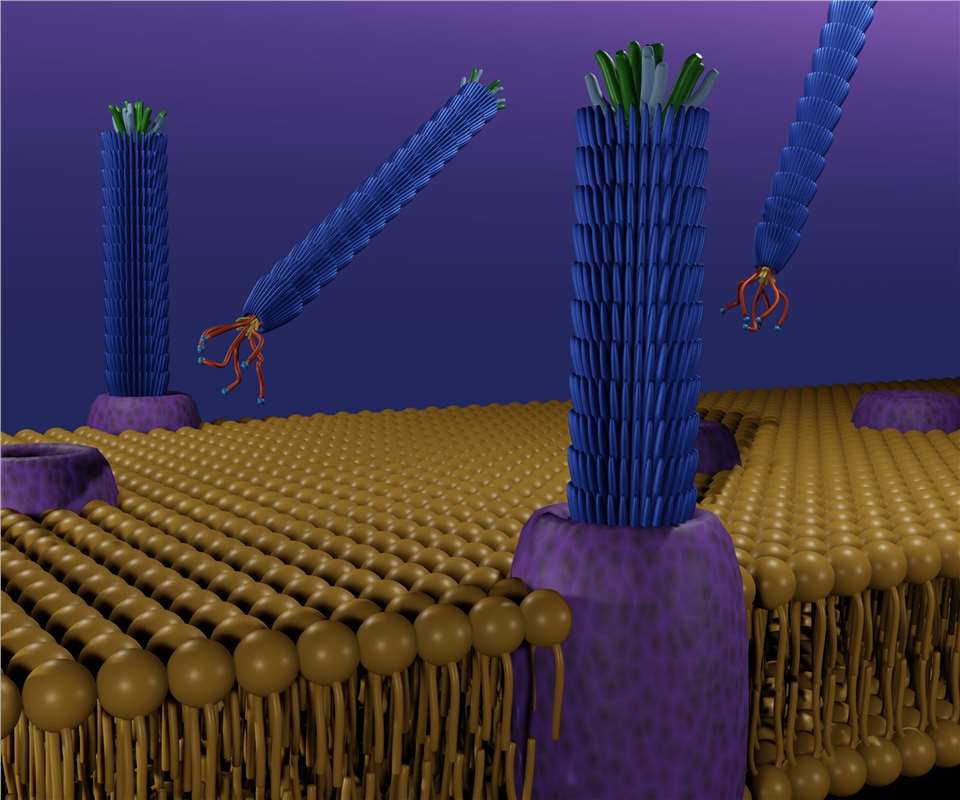Phage display library construction and phage library screening are important steps in phage display technology, and they are crucial for the results of phage display technology. Since the introduction of phage antibody libraries, the solid-phase library screening method has been the conventional screening technique for phage antibody libraries. Solid-phase library screening is by far the simplest and most classical screening method. In addition, there are some other screening methods for phage antibody libraries, such as protease substrate screening, ex vivo library screening, solution-sorting library screening, and cell-based library screening. Due to the unique characteristics of solid-phase screening, it also has a certain scope of application. For example, this method requires a large amount of purified or recombinant antigens, so its application is limited in some aspects. Based on our rich hands-on experience and advanced research platform, Creative Biolabs provides comprehensive services to support phage display and antibody panning.

In the beginning, solid-phase screening was performed by encapsulating the antigen with an enzyme-labeled plate. As technology has evolved, improved solid-phase screening methods utilizing immunotubes have significantly increased the area of the encapsulated antigen, increasing the chances of antigen-antibody contact. By decreasing the density of antigen encapsulation and increasing the elution strength, high affinity antibodies can be obtained. On the contrary, by using high density antigen encapsulation and decreasing the elution strength, low copy number antibodies can be guaranteed not to be lost. In addition, in order to improve the elution efficiency, the traditional solid-phase elution method can be improved. For example, some scholars have used purified nicotinic acetylcholine receptor and phage antibodies to bind the alpha of tunicate toxin in a competitive manner and screened out the anti-snake venom scFv antibody. Selective infectious phage (SIP) technology, which utilizes host cells to elute phage and couples the recovery of phage infectivity with protein-protein interactions, simplifies the screening process, reduces the background, and effectively improves the screening efficiency. Previous studies have used anti-cortisol antibodies as antigens in order to detect hemizygotes in vivo and screened for phage antibodies that can bind to cortisol antibodies in vivo.
And there are two corresponding screening methods for the solid-phase screening method. They are ELISA microplate screening and immunotube screening. In antibody library screening, the ELISA screening method has been the most classical clone screening method in the past decade or so. After 2–4 rounds of antigen selection, there is usually a 20–40% probability of screening the target clone among 1,000 clones. The ELISA method is suitable for preliminary antibody affinity screening. The solid-phase antigen screening method is most commonly used when the antibody library capacity is large, the expected copy number of the target antibody is high, the affinity is strong, and the antigen source is abundant. Since the solid-phase screening method enriches high affinity phages with antigens encapsulated in solid phase media such as enzyme-labeled plates or immunotubes, this method consumes more antigen. The current improved immunotube method significantly increases the area of encapsulated antigen and the chances of antigen-antibody contact. 3–4 rounds of enrichment can result in a relatively high percentage of specific antibodies.
Although the solid-phase screening method has many advantages, it also has shortcomings, such as consuming a large amount of antigen, destroying epitopes when some of the antigen binds to the solid-phase medium, not easy to quantify, and poor selection of antibody affinity. Therefore, liquid-phase screening method can be chosen in all these cases, such as limited antigen.
Creative Biolabs has a wealth of knowledge and experience in antibody biopanning. We are happy to share our knowledge and experience in the fields of antibody biopanning and phage display library screening with you.
All listed services and products are For Research Use Only. Do Not use in any diagnostic or therapeutic applications.
| USA:
Europe: Germany: |
|
|
Call us at: USA: UK: Germany: |
|
|
Fax:
|
|
| Email: info@creative-biolabs.com |
